Os anos 60 representaram uma nova era em Hollywood.
A censura ia enfraquecendo, novos temas eram explorados – como as comédias
sobre sexo – mas muitas das estrelas eram as mesmas de antes. Um animalzinho
velho pode aprender a fazer novos truques? Uma estrela da Old Hollywood
consegue se adaptar aos temas da Nova Hollywood? Bem, se estas estrelas da Old
Hollywood são Henry Fonda e Lucille Ball, eles com certeza conseguem.
The 1960s represented a new time in Hollywood. The
censorship was waning, new themes were being explored – like the sex comedies –
but many of the stars were the same as before. Can an old pet learn how to do a
new trick? Can an Old Hollywood star adapt to the themes of New Hollywood?
Well, if those Old Hollywood stars are Henry Fonda and Lucille Ball, they
certainly can.
Frank Beardsley (Fonda) é viúvo e tem dez filhos –
mas dois deles estão “emprestados” com seu irmão. Helen North (Ball) é viúva e
tem oito filhos. Eles foram feitos um para o outro, certo? É nisto que passamos
a acreditar quando eles se encontram em diversas ocasiões. Outro personagem que
acredita que eles estão predestinados um ao outro é Darrell (Van Johnson),
amigo de ambos. Frank é oficial da Marinha, Helen é enfermeira, mas as famílias
enormes são o que os tornam um par perfeito.
Frank Beardsley (Fonda) is a widower and has ten
children – but two of them are “on loan-out” with his brother. Helen North
(Ball) is a widow and has eight children. They were made for each other, right?
This is what we are led to believe when they bump into each other in several
occasions. Another character that believes they are a perfect duo is Darrell
(Van Johnson), a friend of both. Frank is a Navy officer, Helen is a nurse, but
their huge families are what makes them a perfect fit.
Darrell é como um cupido. Isso significa que Van
Johnson tem um papel secundário, e este é um de seus melhores papéis no cinema.
Como protagonista ele nem sempre conseguiu me convencer, mas como coadjuvante –
ou mesmo como cantor, porque ele fez sucesso com “The Music Man” no teatro em
Londres – ele é ótimo. Na vida real, Helen e Frank tiveram um cupido diferente:
quem os apresentou foi a irmã de Frank, que era freira.
Darrell is a matchmaker. This means that Van Johnson
has a supporting role, and this is one of his best appearances on film. As a
lead he doesn’t always convinced me, but as a sidekick – or even as a singer,
because he was a hit on “The Music Man” in the London theater – he did. The real Helen and Frank, though, had a
different matchmaker: the person who present one to the other was Frank's
sister, who was a nun.
Lucy é a melhor em cena. Ela é hilária em muitos
momentos que demandam comédia física, como no bar irlandês, em que ela tem
problemas com os cílios postiços e com o vestido, e no primeiro jantar com os
filhos de Frank, que é o ponto alto da performance de Lucy. O grande conflito
no filme é a aceitação por parte dos filhos de Beardsley de Helen como uma
verdadeira mãe. Sim, alguns dos filhos dela reagem com rebeldia ao fato de
Frank ser o “novo pai” deles, mas ao menos um deles, Phillip, fica muito feliz
com a novidade.
Lucy is the best in the film. She is hilarious in
many scenes that demand physical comedy, like in the Irish bar, where she has
trouble with her fake eyelashes and her dress, and in the first dinner with
Frank’s kids, which is the high point of her performance. The greatest conflict
in the film is the Beardsley children accepting her as a true mother. Yes, some
of the North children react badly to having Frank as their new father, but at
least one of them, Phillip, is more than happy with the news.
Alguns outros filmes, e especialmente séries de TV,
lidaram com a vida familiar nos anos 60. A família em “Já Fomos Tão Felizes”
parece minúscula se comparada com a de “Os Seus, Os Meus, Os Nossos”. No filme
de Doris Day e David Niven, há apenas quatro filhos, e o conflito deles é
focada na readaptação após a mudança da cidade grande para o interior, onde uma
vez mais a mãe de família pode sonhar com o estrelato nos palcos. Para Helen
North, não há espaço para sonhar – ela só pode focar em assuntos práticos.
Some other movies, and especially TV shows, dealt
with family life in the 1960s. The family in “Please, Don't Eat the Daisies”
(1960) seems tiny when compared with the “Yours, Mine and Ours”. In the Doris Day
/ David Niven movie, there are only four kids, and their conflict is focused on
readapting to life when moving from the big city to the countryside, where the
mother can once again dream with stage stardom. For Helen North, there is no
room for dreaming – she can only focus on practical issues.
Há piadas mais modernas em “Os Seus, Os Meus, Os
Nossos”, algumas delas envolvendo duplo sentido, contraceptivos e a juventude
louca por sexo. Mas não se engane: tudo isso pode funcionar e ser discutido no
momento do namoro, mas a vida real e diária depois do casamento não é assim.
Frank quer deixar o trabalho e ficar em casa com toda a família, algo que Helen
não deixa que ele faça. Afinal, ficar em casa é uma atividade para mulheres,
enquanto trabalhos intelectuais são para homens. Helen se sacrifica muito mais
que Frank pela enorme família, embroa Frank tenha seus momentos emocionantes.
No final, nada mudou no seio familiar. No final dos ano 60, nada havia mudado
em Hollywood.
There are more “modern” jokes in “Yours, Mine and Ours”, some of them involving innuendo, contraception and sex-crazy youth. But
don’t be fooled: all this mighty work and be discussed in the dating part, but
the real, daily life of a married couple, is not like this. Frank wants to
leave his work to stay home with the whole family, something Helen doesn’t let
him do. After all, staying home is an activity for women, while intellectual
jobs are for men. Helen sacrifices much more for her huge family, even though
Frank has his emotional moments. At the end of the day, nothing has changed in
the familiar scene. At the end of the 1960s, not much had changed in Hollywood.
This is my contribution to the Van Johnson blogathon,
hosted by Michaela at Love Letters to Old Hollywood.

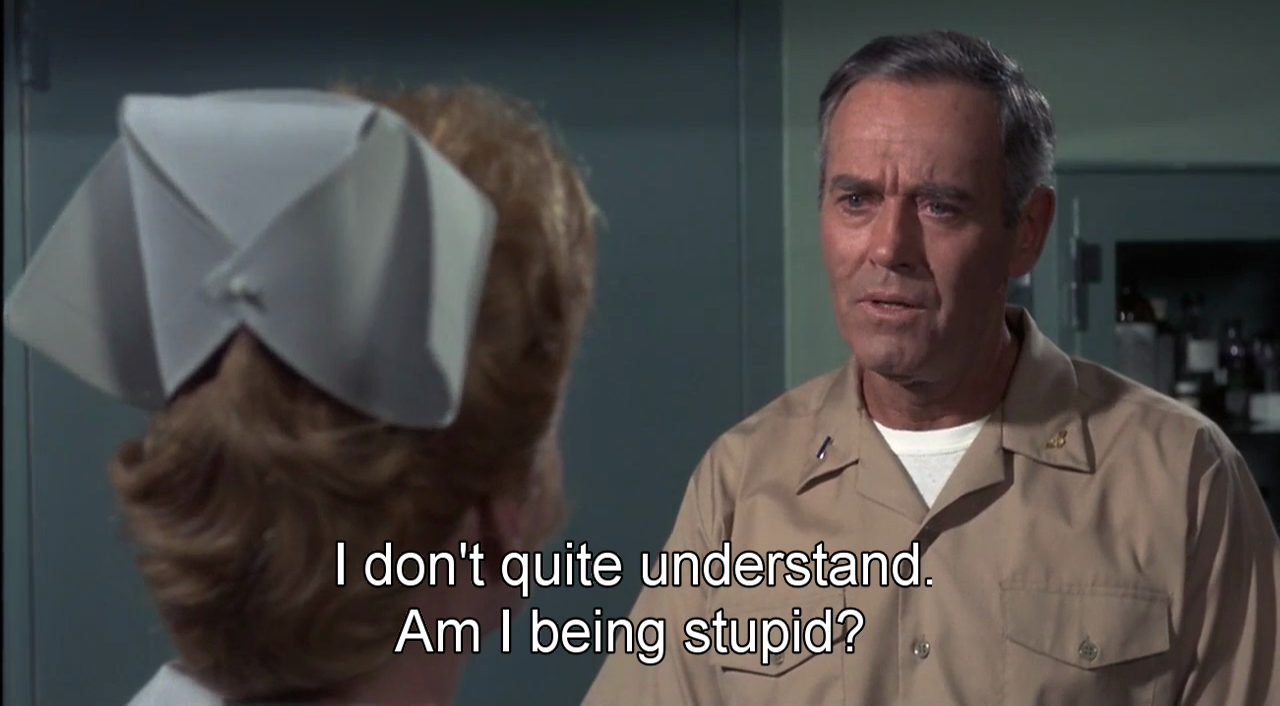
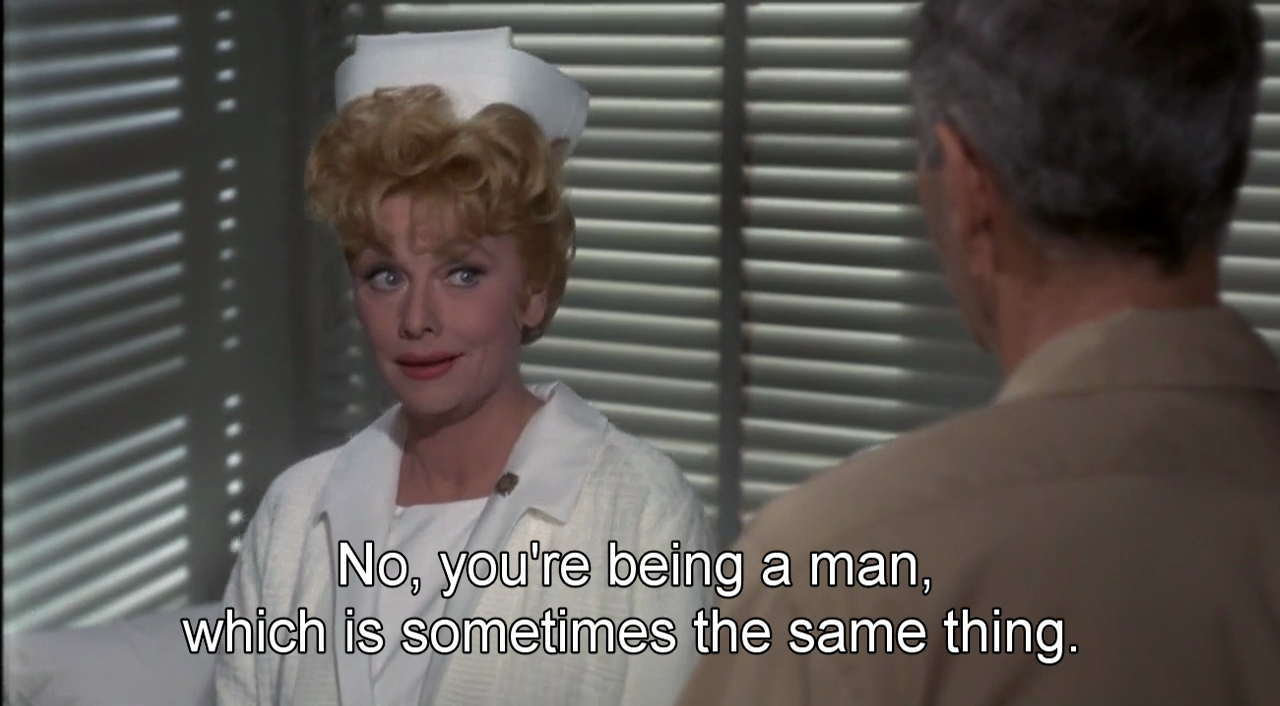



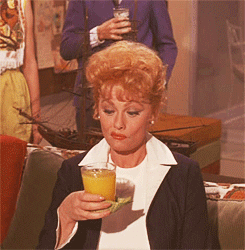
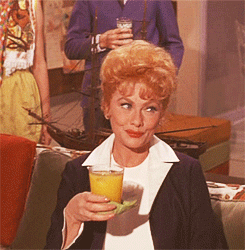

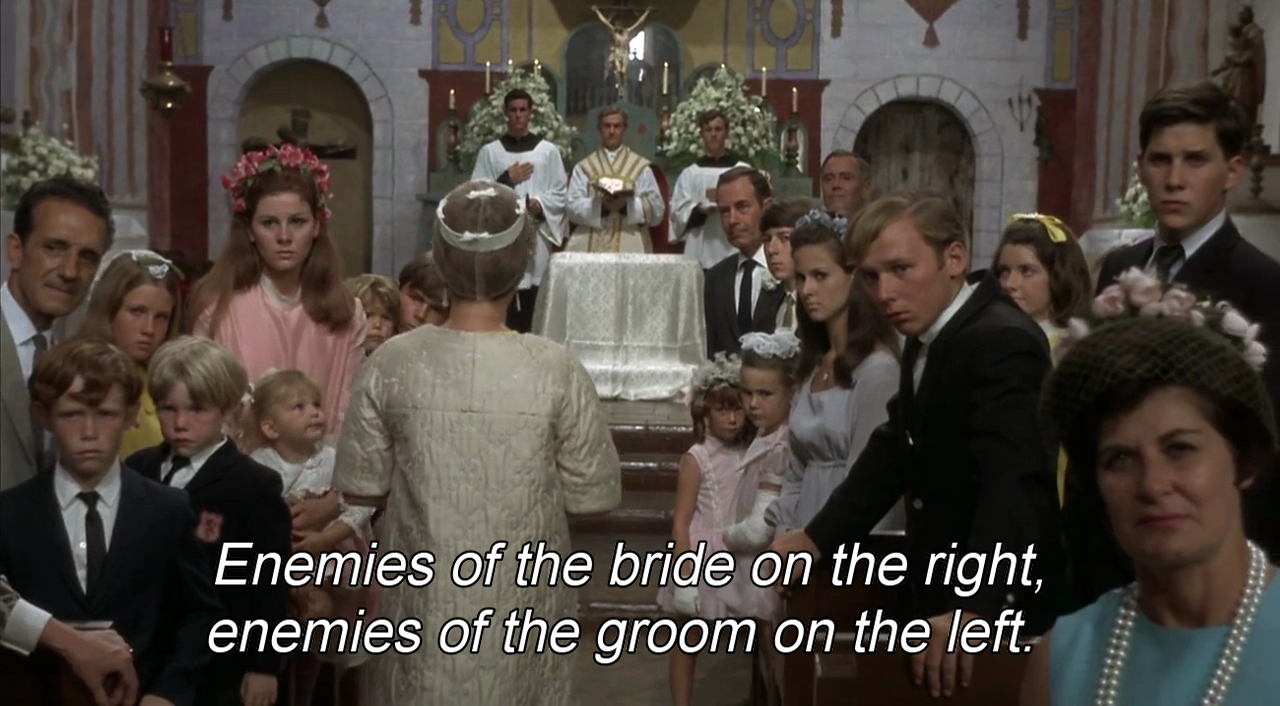
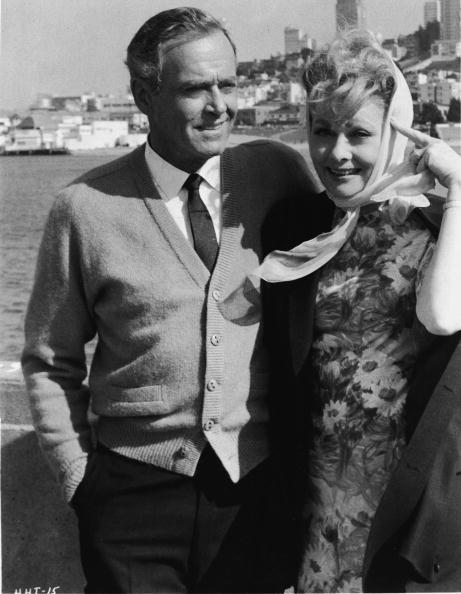

The stars make this a charming movie. The logistics of that large family still boggles the mind and makes me laugh. All those loaves of bread!
ReplyDeleteExcellent review! I especially like your discussion of old Hollywood versus new Hollywood. Ball and Fonda are fantastic in this, and Van is the best Cupid. I love the scene in the bar where he keeps getting drinks spilled on him.
ReplyDeleteSeems to me I saw this one Saturday when my sister and I visited the grandparents. Back in the day, before cable TV, one or another of the big three networks had a Saturday Night at the Movies, and we saw a lot of them from the late 60's through the 70's. Of course, its been many decades since then. I should give this one another view.
ReplyDeleteThat scene where Lucy has trouble with her false eyelash has me laughing and clutching my stomach every time. She is SO funny in this film.
ReplyDeleteI adore this film but, even so, I have two issues with it: (1) For all "modern"/1960s appearances, the script still fits into the old Hollywood man/woman roles – as you pointed out; and (2) Van Johnson doesn't have nearly enough screen time. I wish filmmakers included him in just a couple more scenes...
When I think of this movie, I recall Fonda and Lucy but never Van Johnson. Which is too bad because, as you remind us, he does a wonderful job as the best friend. Authentic, sincere and funny. Thanks for sharing.
ReplyDelete